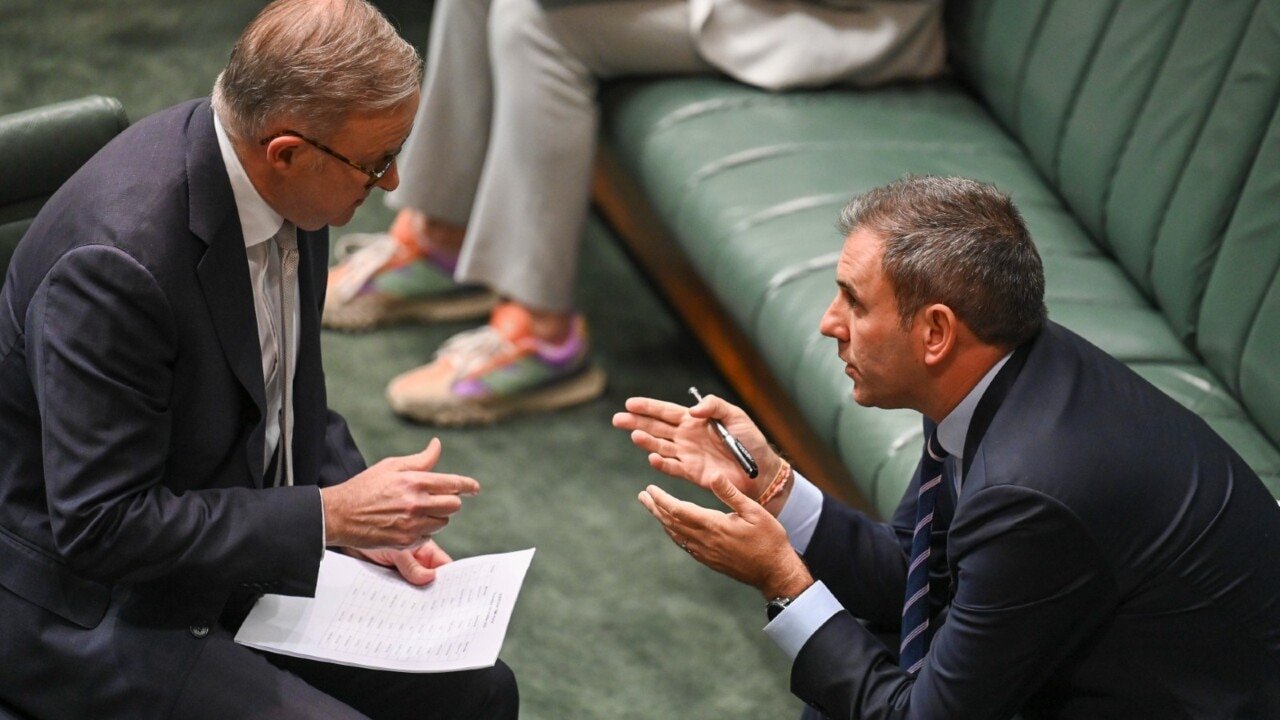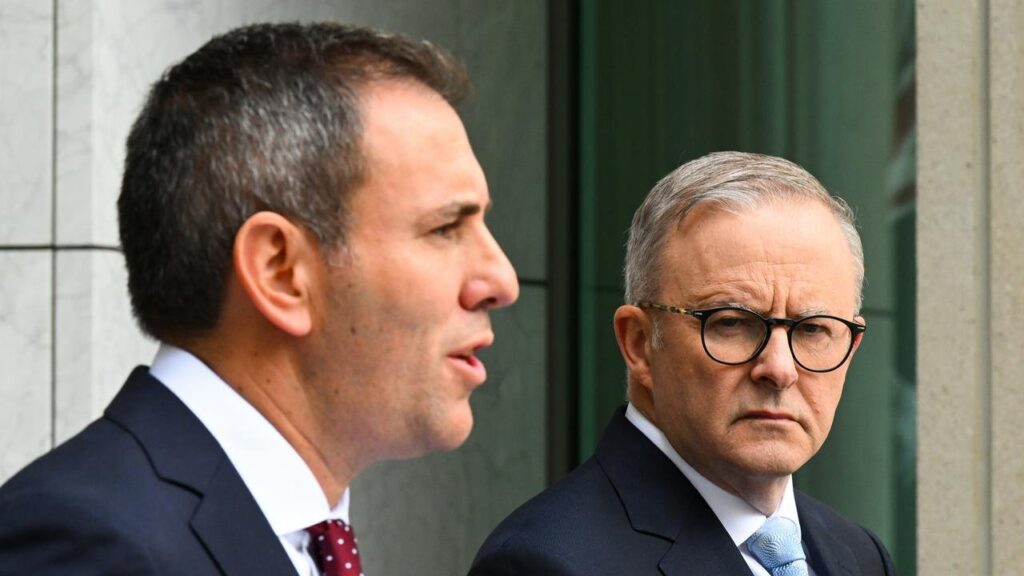Australia’s Economic Reform Roundtable Aims to Spark National Consensus
A three-day economic reform roundtable, hosted by Prime Minister Anthony Albanese and Treasurer Jim Chalmers, commenced on Tuesday at Parliament House, bringing together around 30 leaders from business, unions, and civil society to discuss the country’s economic future.
The summit, announced in June, is a key component of the government’s strategy to build national consensus around economic reform, specifically addressing Australia’s sluggish productivity, a key determinant of the country’s standard of living.
Resilience, Productivity, and Budget Sustainability Top the Agenda
The roundtable is organised around three main themes: resilience, productivity, and budget sustainability and tax reform.
The event will feature presentations from prominent figures, including RBA governor Michele Bullock, Productivity Commission chair Danielle Wood, and Grattan Institute CEO Dr Aruna Sathanapally, among others.

In addition to the attendees, the government has received over 900 submissions from experts, industry leaders, and individuals, which will inform the outcome of the roundtable.
Hot Topics Up for Discussion
Housing, artificial intelligence, and tax reform are among the key topics up for discussion.
The government is considering deregulation to boost housing supply, while the Productivity Commission is pushing for reduced regulation of AI to boost productivity.
Multiple proposals for tax reform are also expected, including a potential increase to the Goods and Services Tax (GST) and a lowered corporate income tax rate for small and medium-sized businesses.
Other topics that may be discussed include negative gearing reforms, a four-day work week, and reintroducing a carbon price.
Concerns Over the Roundtable’s Purpose
Some critics have raised concerns that the outcomes of the economic roundtable may have been predetermined, with leaked Treasury advice suggesting the government may have already decided on certain policies.
However, Prime Minister Albanese has defended the purpose of the roundtable, arguing that it is designed to generate ideas that will inform economic policy.
Treasurer Chalmers has also stressed that the government is not “pre-empting ideas” but rather “preparing for them” and that not all ideas presented will be implemented.
Despite these assurances, the government has already ruled out some proposals, such as the ACTU’s bid for a four-day work week.
Instead, Finance Minister Katy Gallagher has signalled a focus on working from home.

